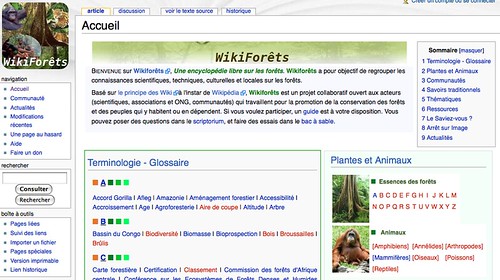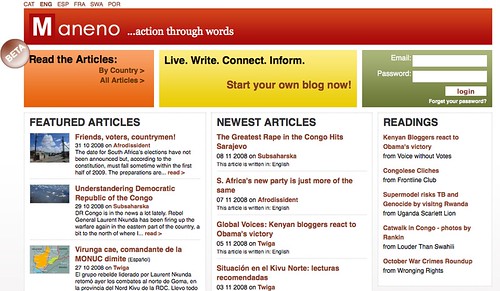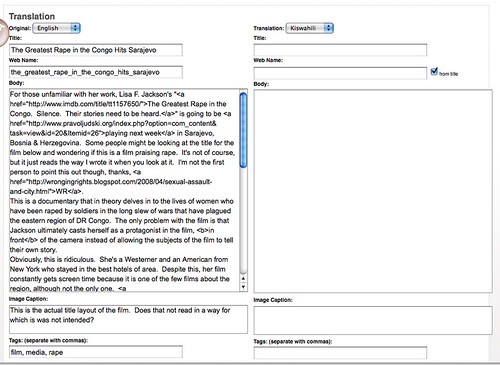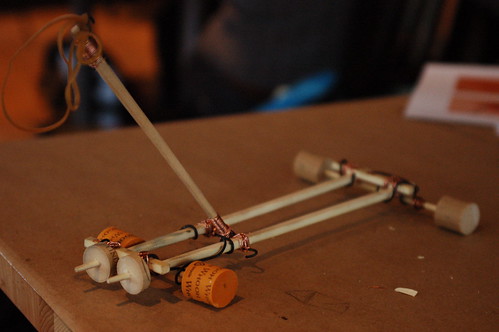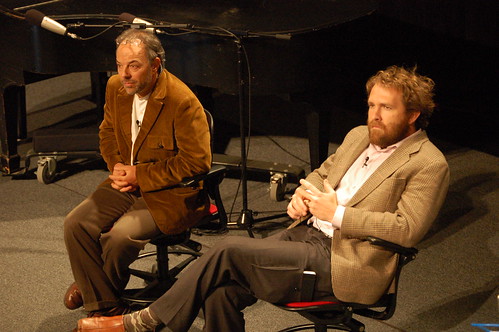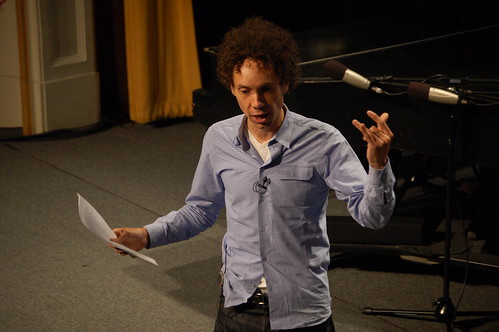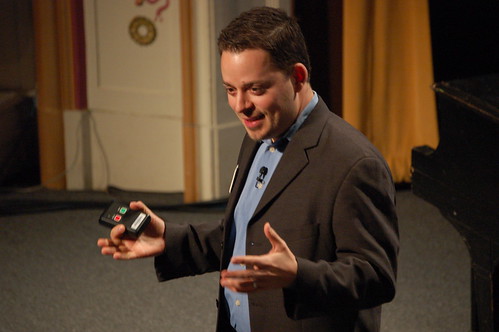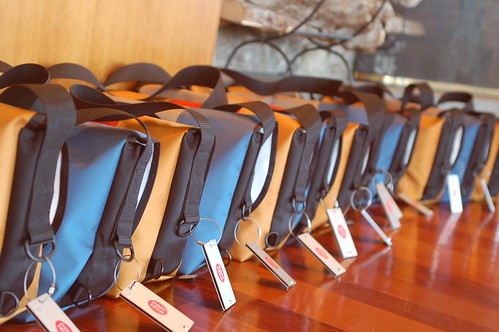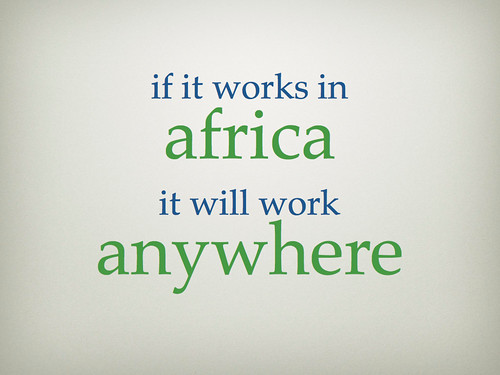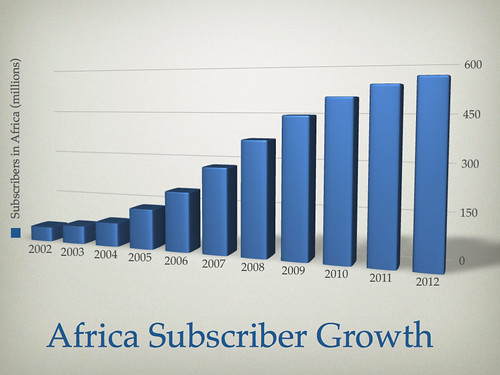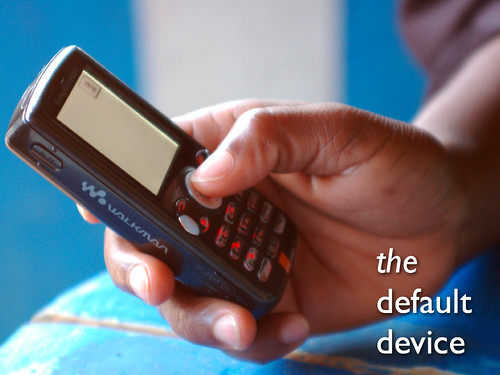Jon Gosier runs Appfrica Labs. He’s been hard at work over the last year promoting technology all over Africa on his blog, and at the same time building a base for the technology incubator Appfrica Labs that he launched late last year with some external funding from European VC firm Kuv Capital. Jon is one of the most capable, energetic and social programmers that I know. He is entrepreneurial, understands the business side of things as well as the nuts and bolts of developing. In short, he’s about the perfect person to put your money behind if you’re going to invest in the African startup tech space.
Innovation in Uganda, by Ugandans, for Uganda
There’s something very powerful about the focus that Jon is applying to Appfrica Labs. I’m sure that there are opportunities and applications that he will incubate that stretch beyond Uganda, but he’s taking a measured approach. There’s enough low-hanging fruit in Uganda for him work on, so he’s starting there.
“The mission is to offer opportunities and work experience for East African software entrepreneurs so that they can then use their talents to bolster the growing local markets by creating their own products and companies. We pick up where local colleges like Makerere University leave off by offering hand-on experience in Java, C++, C#, Ruby on Rails, Django and Python, PHP, Perl, Kannel and various other programming languages that often can’t be taught in-depth in classes due to budget restraints.”
Jon notes that there are over 60,000 Facebook users in Kampala, and instead of creating yet another social network, he has decided to focus a fair bit of early development into this platform. He doesn’t focus on Twitter or other “hot Web 2.0 apps” which aren’t being used there by enough people yet.
Proof is in the development
A good example of this local Uganda focus is the apps and tools that are being developed right now. Here are just a couple examples, and I know first-hand that there are more on the way shortly:
Status.ug – an inexpensive, and efficient, mobile gateway for Ugandans to update Facebook via their mobile phone.
 Answer Bird – Uses Facebook Connect to allow questions to be asked and answered in a Twitter-like interface more here).
Answer Bird – Uses Facebook Connect to allow questions to be asked and answered in a Twitter-like interface more here).
OhmSMS – Get an SMS when your power is off at home or at the office, simply by keeping a cheap mobile phone plugged into an outlet.
Why this works
Appfrica Labs is not only a great idea, but it’s a blueprint for a new way for technologists to band together and create something in the face of a lot of difficulties in Africa. We all know of the problems faced when trying to get seed capital, or of the lack of traction when trying to sell ideas to the government or big businesses within a country.
What Jon has been able to do is create a brand which others can rally around and push their efforts forward as a collective. It’s about marketing, messaging and communication. He’s made a lot of headway for not just himself, but the other entrepreneurs in Uganda due in no small part to the hard work and late nights put into his blog, creating his own code, and promoting his message at conferences.
We have yet to see the final outcome of all this labor, but it’s an extremely strong start that leaves me optimistic about the future of Appfrica Labs and any other innovation hubs that pop up around Africa. Rebecca Wanjiku is right, Africans should stop whining and work smart, collectively to get new technology built, released and adopted throughout the continent.
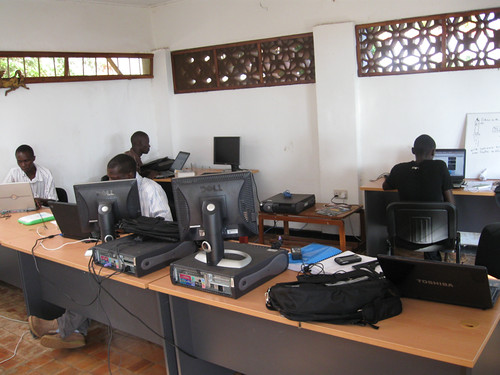
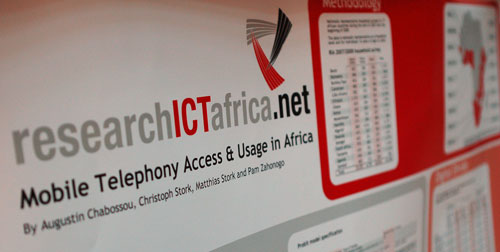
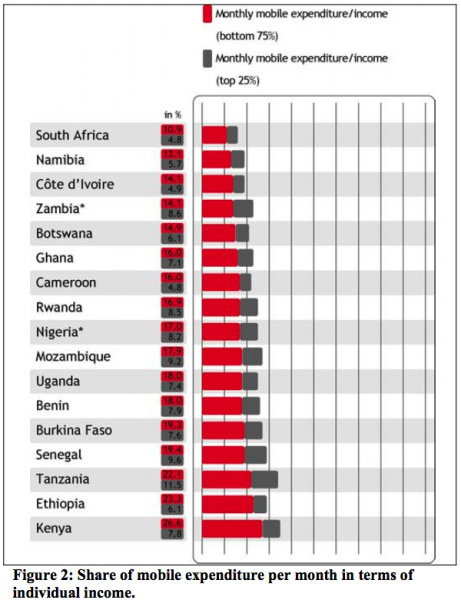
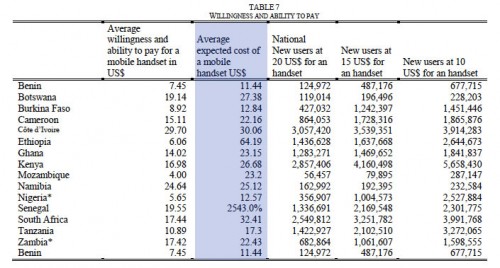
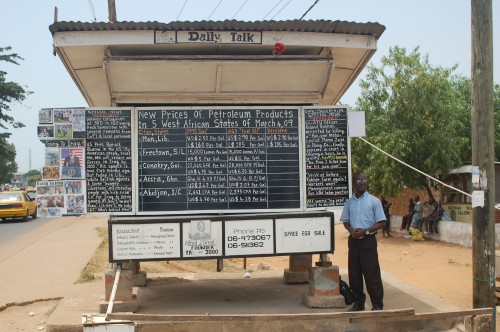
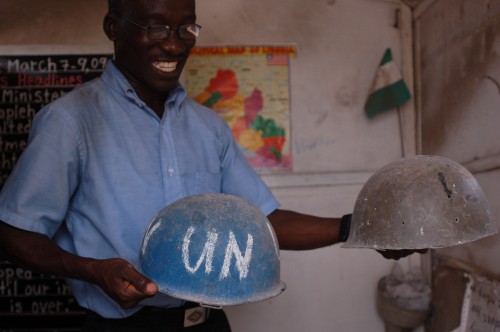
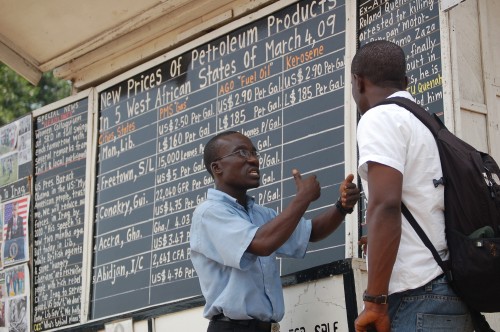
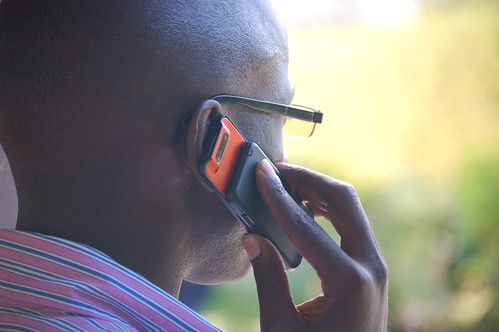
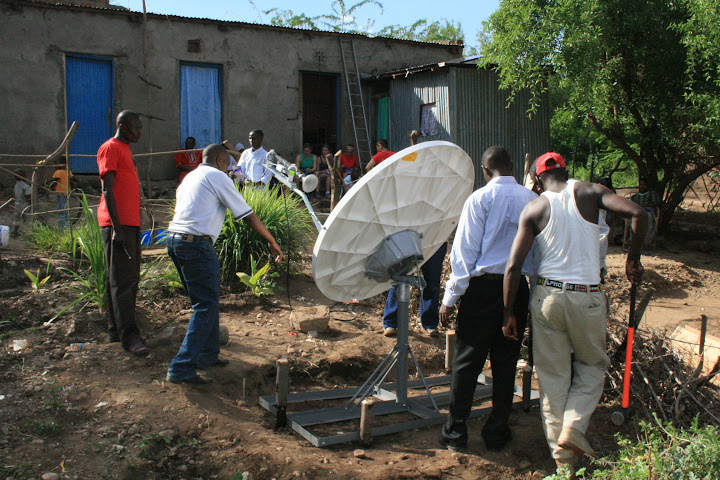
 Just this week I came across a great example of using technology to harness and save local African knowledge and content. It’s called
Just this week I came across a great example of using technology to harness and save local African knowledge and content. It’s called 